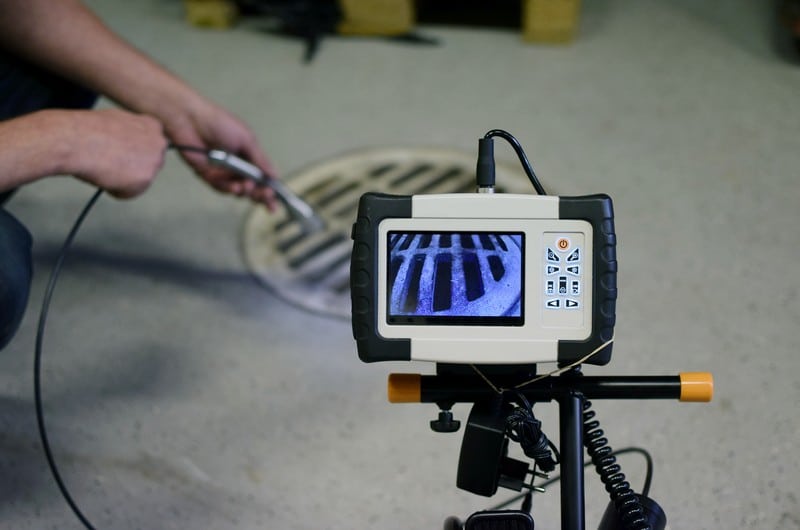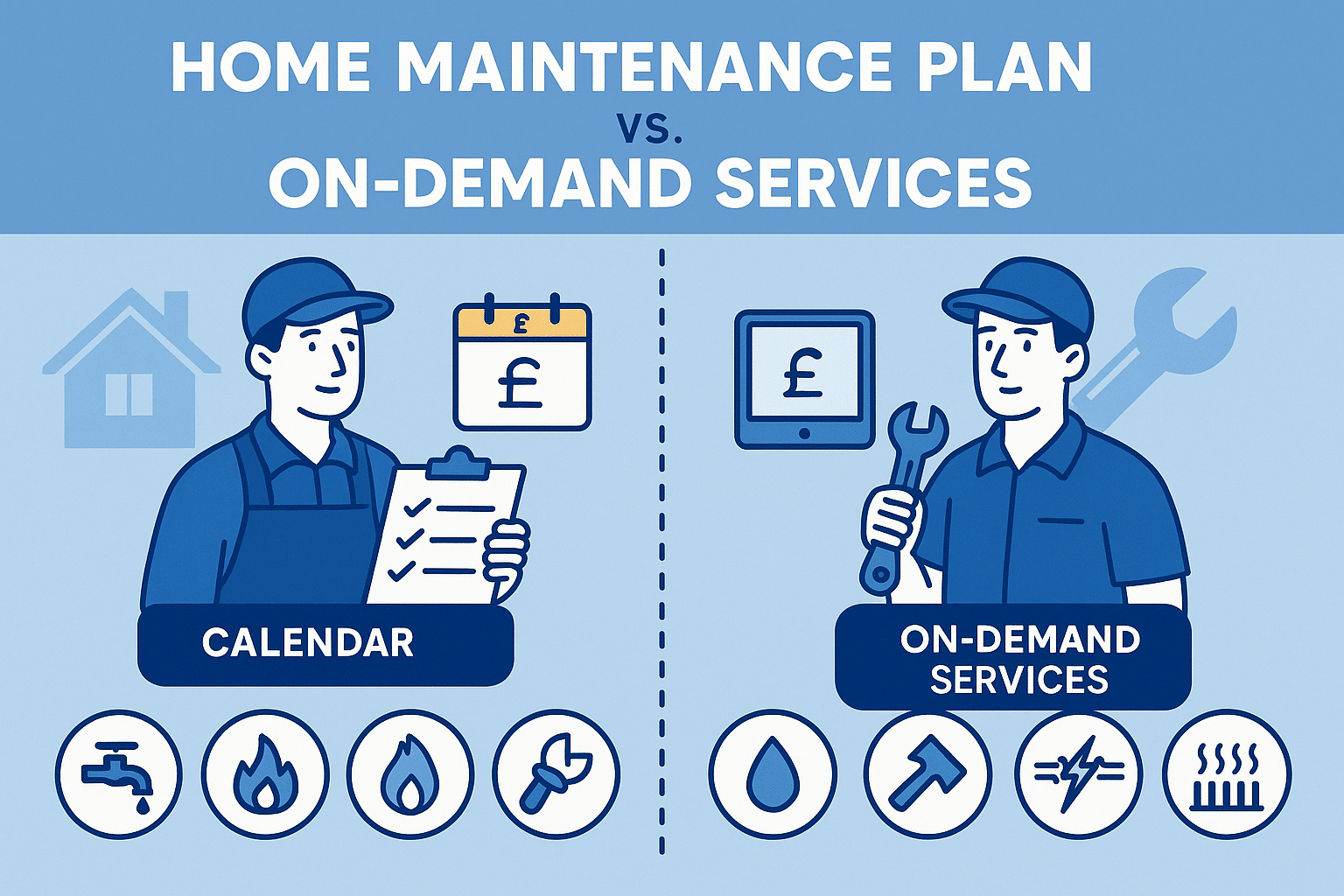 Why good Drainage is important for your Home
Why good Drainage is important for your Home

If you’re like most people, you probably take drainage for granted. You might think that as long as water flows away from your house when it rains, everything is okay. But if your drainage system isn’t working properly, you could be in for a world of trouble. water damage can cause extensive and expensive structural damage to your home, not to mention the health hazards posed by mold and mildew.
That’s why it’s important to have a good drainage system in place and to make sure it’s functioning properly at all times. Here are some things you can do to keep your drainage system running smoothly.
Make sure your gutters are clean and in good repair
Your gutters play a crucial role in your drainage system, so it’s important to keep them clean and in good repair. Every few months, inspect your gutters for leaves, twigs, and other debris, and remove anything that’s blocking them. If you notice any cracks or holes, patch them up with gutter sealant or replace the damaged sections entirely. Taking these preventive measures will help ensure that your gutters can do their job properly and protect your home from water damage.
If you have any questions about gutter maintenance or need assistance with repairs, don’t hesitate to contact a local roofing contractor. They’ll be able to advise you on the best course of action and perform any necessary work to keep your gutters in top condition.
Use downspout extensions to direct water away from your foundation
Downspout extensions are an inexpensive way to prevent water from pooling around your foundation. Simply attach them to the end of your downspouts and position them so they extend at least four feet away from your house. Doing this will help ensure that water is directed away from your foundation, which can help prevent flooding and water damage.
If you live in an area that is prone to flooding or has a lot of rainfall, you may want to consider investing in a sump pump. sump pumps are designed to remove water that has accumulated in the lowest part of your homes, such as the basement or crawlspace. This can help reduce the risk of flooding and water damage by keeping the area dry and free of standing water.
Another way to protect your home from water damage is to make sure that your gutters and downspouts are clean and clear of debris. Leaves, twigs, and other materials can easily clog these systems and prevent them from working properly. As a result, water can back up into your home and cause serious damage. To avoid this, be sure to regularly clean your gutters and downspouts and remove any debris that may have been collected in them.
Finally, it’s also a good idea to have your home inspected for leaks regularly. Even small leaks can lead to big problems if they’re not fixed quickly. By having your home checked for leaks annually, you can catch them early and repair them before they cause extensive damage.
Grade your lawn so it slopes away from your foundation
If water is allowed to pool around your foundation, it can eventually seep into your basement or crawlspace. To prevent this, make sure your lawn slopes away from your foundation at a rate of six inches for every 10 feet. You can achieve this by adding topsoil or amending the existing soil with sand and compost.
Another way to improve drainage is to install gutters and downspouts. Gutters collect rainwater from your roof and funnel it away from your foundation. Downspouts should be installed so that they direct water at least four feet away from your home. If possible, extend your downspouts into underground pipes that carry water even further away from your foundation.
You should also inspect your gutters and downspouts regularly to make sure they are free of debris. Clogged gutters can cause water to back up and overflow, which can lead to water damage around your foundation.
Taking these steps will help keep water away from your foundation and prevent any future damage.
Consider installing a French drain
A French drain is a great way to collect and redirect water that’s pooled around your foundation or in other problem areas in your yard. They’re relatively easy to install yourself, or you can hire a professional to do it for you. The most important thing is to make sure that the drain is installed properly so that it can do its job effectively.
Here are some tips for installing a French drain
- Choose the right location. The best place for a French drain is next to a downspout or in an area where water tends to pool.
- Dig a trench. The trench should be about 6 inches wide and 18 inches deep.
- Line the trench with gravel. This will help with drainage.
- Install the pipe. The pipe should be perforated so that water can collect and flow through it easily.
- Cover the pipe with more gravel and then soil. Make sure that the soil is packed down firmly so that water can’t get through.
Inspect your sump pump and make sure it’s in good working order
If you have a basement, chances are you have a sump pump to help keep it dry. Sump pumps are designed to remove water that has pooled in the sump pit, but they can only do their job if they’re in good working order. Every year, before the rainy season begins, inspect your sump pump and make sure it’s free of debris. Test it by pouring a bucket of water into the pit; the pump should activate and start removing the water within seconds. If it doesn’t, call a professional to service or replace it.
In addition to making sure your sump pump is in good working order, there are other things you can do to keep your basement dry. One is to make sure your gutters and downspouts are clear of debris. Leaves and twigs can clog the gutters, causing water to back up and seep into your foundation. Cleaning your gutters at least once a year—preferably in the fall—will help prevent this problem.
Another way to keep your basement dry is to direct water away from your foundation with well-designed landscaping. If your lot slopes towards your house, water will run towards the foundation when it rains. You can correct this problem by grading the soil around your house so that it slopes away from the foundation. You should also make sure there is adequate drainage around your foundation; French drains are a good way to achieve this.
Get your septic tank pumped every three to five years
If you have a septic system, it’s important to have it pumped every three to five years to prevent solids from building up and clogging the system. Septic pumping is a dirty job, but it’s one that’s best left to the professionals.
If you have a septic system, it’s important to have it pumped every three to five years to prevent solids from building up and clogging the system. Septic pumping is a dirty job, but it’s one that’s best left to the professionals.
There are a few things you can do to help your septic system last longer and function properly in between pumpings. First, be mindful of what you put down your drains. Avoid dumping grease, oil, or other solid wastes into your septic system – these can clog pipes and lead to costly repairs. Second, have your septic tank inspected regularly to ensure that it’s in good working condition. And finally, make sure to have your septic system pumped every three to five years to prevent solids from building up and causing problems.
Call a professional if you suspect there’s a problem with your drainage system
If you notice water pooling in areas where it shouldn’t, or if you suspect there’s a blockage somewhere in your drainage system, call a professional for help. They’ll be able to diagnose the problem and recommend the best course of action.
If you have sudden, severe drainage problems, it’s best to call a professional right away. They’ll be able to assess the situation and take appropriate measures to fix the problem.
In Summary
When it comes to maintaining your drainage system, there are a few things you can do yourself to keep things flowing smoothly. First, make sure that all of your gutters and downspouts are clean and clear of debris. This will help ensure that water can flow freely through them and into your drains. You should also regularly inspect your drains for any blockages or build-up. If you notice anything that looks out of the ordinary, call a professional for help.
If you require a reliable handyman in London, All Services 4U LTD is the company for you. We provide a wide range of services, from gas heating to general repairs and maintenance. We’re always available to help out with whatever you need, so don’t hesitate to give us a call.


